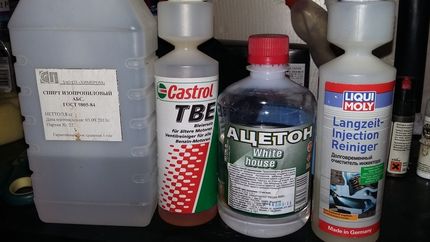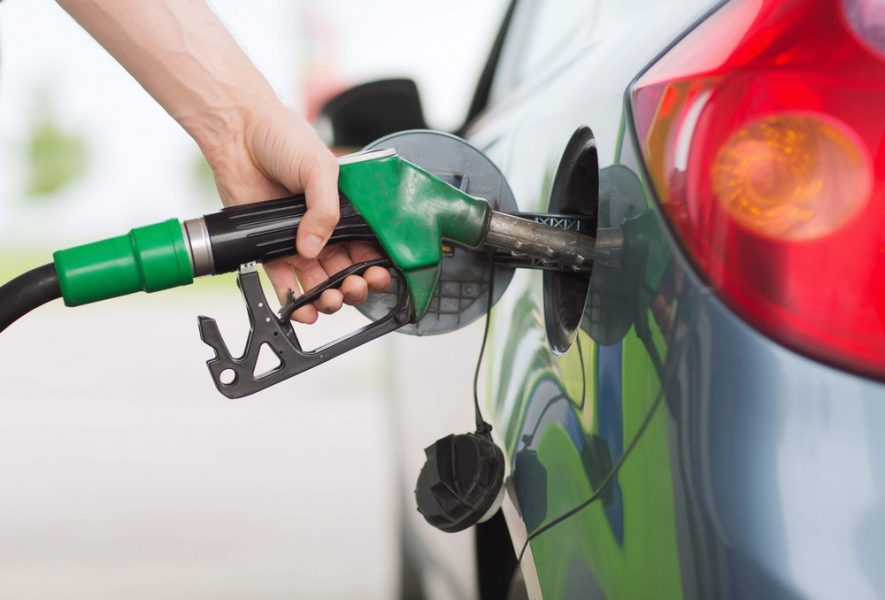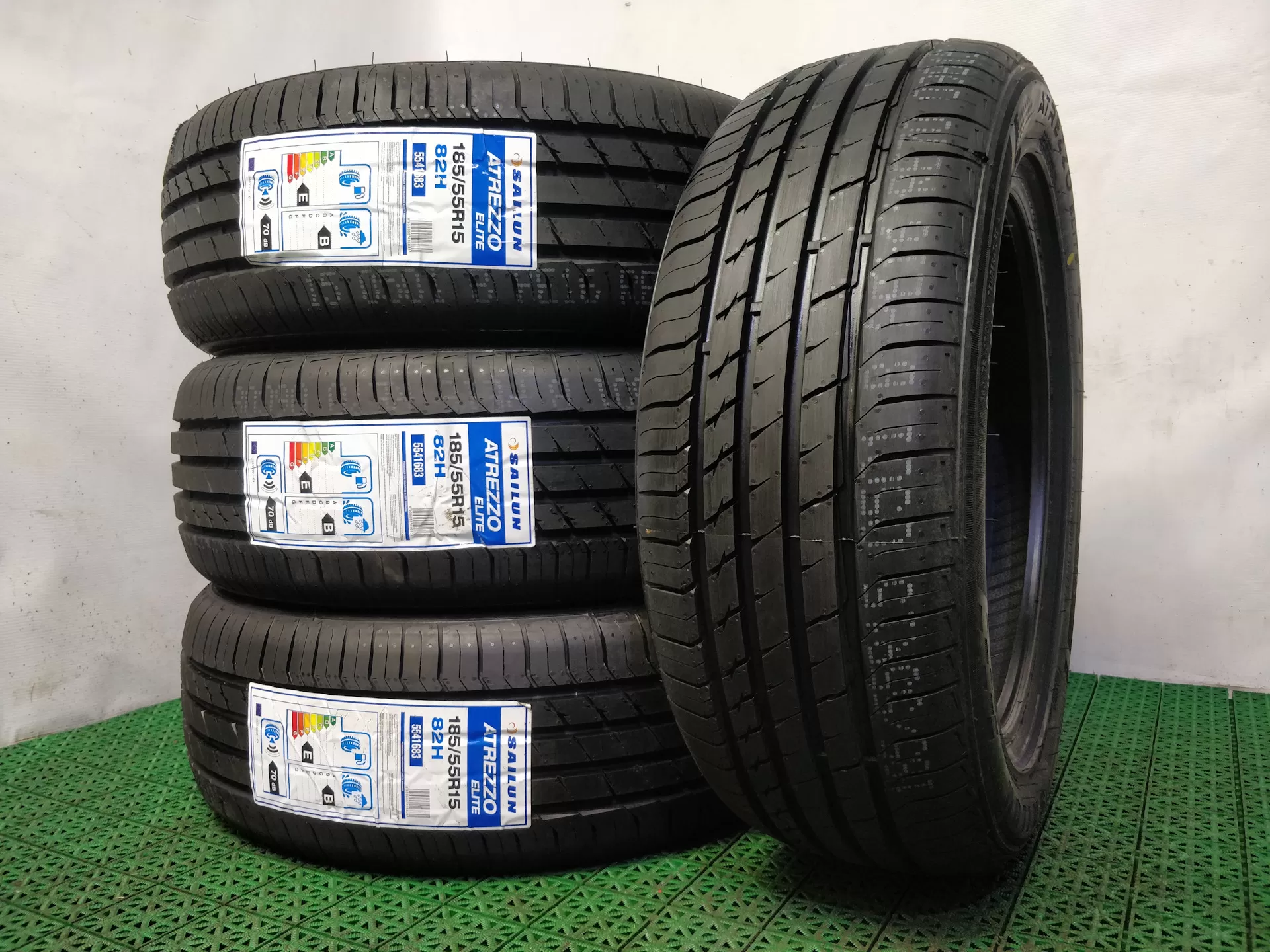
Recommended fuel additives - what should be poured into the tank?
Content
Many different fuel additives can be found in supermarkets and gas stations to improve fuel properties and reduce fuel consumption, interfere with fuel system performance, or make starting easier. However, drivers look at them with great disbelief, because they doubt that they can work as efficiently. This is right? We present the most popular fuel additives and look at the promises made on the labels by their manufacturers.
What will you learn from this post?
- Should you use fuel additives?
- What are depressants?
- What fuel additives should be used in gas vehicles?
- Do fuel additives help clean the DPF?
Shortly speaking
Recommended fuel additives include improvers to remove water from the fuel tank, depressants to aid cold starting, fuel system cleaners, and DPFs.
Fuel Tank Water Removal Additives
One of the most commonly used gasoline additives are additives designed to remove water that has accumulated in the tank. Their popularity is not in vain - Moisture in the fuel tank is not uncommonespecially in gas powered vehicles. Drivers of such cars often work on a reserve - after all, they need only gasoline to start. Long driving with little fuel in the tank however, this promotes condensation of water inside it.which can lead to corrosion of the tank and, ultimately, even to damage to the fuel pumpwhich is lubricated and cooled with gasoline.
Fuel additives such as STP Gasoline Formula bind and remove water from the tank. Their use is simple - When refueling, it is enough to fill the tank with the amount of conditioner indicated on the package.... LPG drivers should do this regularly, even once a month.
Depressants for starting the engine at low temperatures
Fuel additives can also help solve a common problem for diesel car drivers - early morning starting problems in the winter. When the temperature drops below zero, paraffin precipitates from diesel fuel, which blocks the fuel filter and prevents the drive from starting... Theoretically, this should not happen, because in the winter, from November 16 to the end of February, so-called gas stations are sold at gas stations. winter diesel. It has low-temperature properties, which it retains even when the thermometer shows -20 ° C. In fact, however, they can be different - in many regions, especially in the mountains or in Suwałki, that is, on the Polish Pole of Cold, on at night catches a colder frost. In addition, the owners of some CPNs, who change fuel for the winter late, are not without fault.
They Prevent Morning Start Problems depressants, also called antigels, which lower the crystallization temperature of paraffins.... They should be used as a preventive measure at the beginning of winter to adapt summer fuel to falling air temperatures. They are also useful during severe frosts, as they protect diesel fuel from cloudiness. However, it should be remembered that depressants cannot be stored in the trunk - they only release their properties when poured into a container, so if they remain in the bottle during a severe frost, they will become cloudy on their own.

Fuel additives that cleanse the fuel system
Many well-known auto chemical manufacturers, including Liqui Moly or STP, offer drivers the steps they should take. cleaning the fuel system from deposits... Such pollution goes to him along with low-quality gasoline. It may contain acidic corrosive substances or resin, which is a source of deposits on the nozzles. Fuel additives that cleanse the fuel system especially recommended for owners of old cars... These enhancers not only help remove contaminants from injectors, pistons or valves, but also improve powertrain performance and reduce fuel consumption.
Air conditioners for cleaning the DPF filter
Another group of drivers who should consider using fuel additives are owners of vehicles with a DPF filter. Probably everyone who has an idea about the automotive industry has heard about how problematic this element is. The DPF filter is designed to remove particulate matter from exhaust gases, mainly carcinogenic soot.... He catches them and then burns them up as they accumulate. And it is this burning of soot that causes so many problems. For it to run smoothly, you must turn the engine to high revs by driving at high speed for extended periods of time. Unfortunately, this is not possible when moving around the city. The soot combustion process is incomplete, which contributes to damage to the DPF.
DPF filter cleaning made easy fuel additives to prevent premature soot formation... However, they cannot be used in vehicles equipped with an electronic additive dosing system during refueling, which itself maintains filter regeneration.
Of course, the absence of a fuel additive is a miracle cure that will repair faulty components. However, preventive use of improvers is recommended, especially in older vehicles with heavily contaminated fuel systems or vehicles equipped with DPF filters. Various types of fuel additives can be found at avtotachki.com. Just remember to use them wisely - don't mix and match and always follow the manufacturer's instructions on the packaging.
You may also be interested in:
Water in the fuel system - what is it and how to remove it?
Low-quality fuel - how can it harm?
What if you add the wrong fuel?

